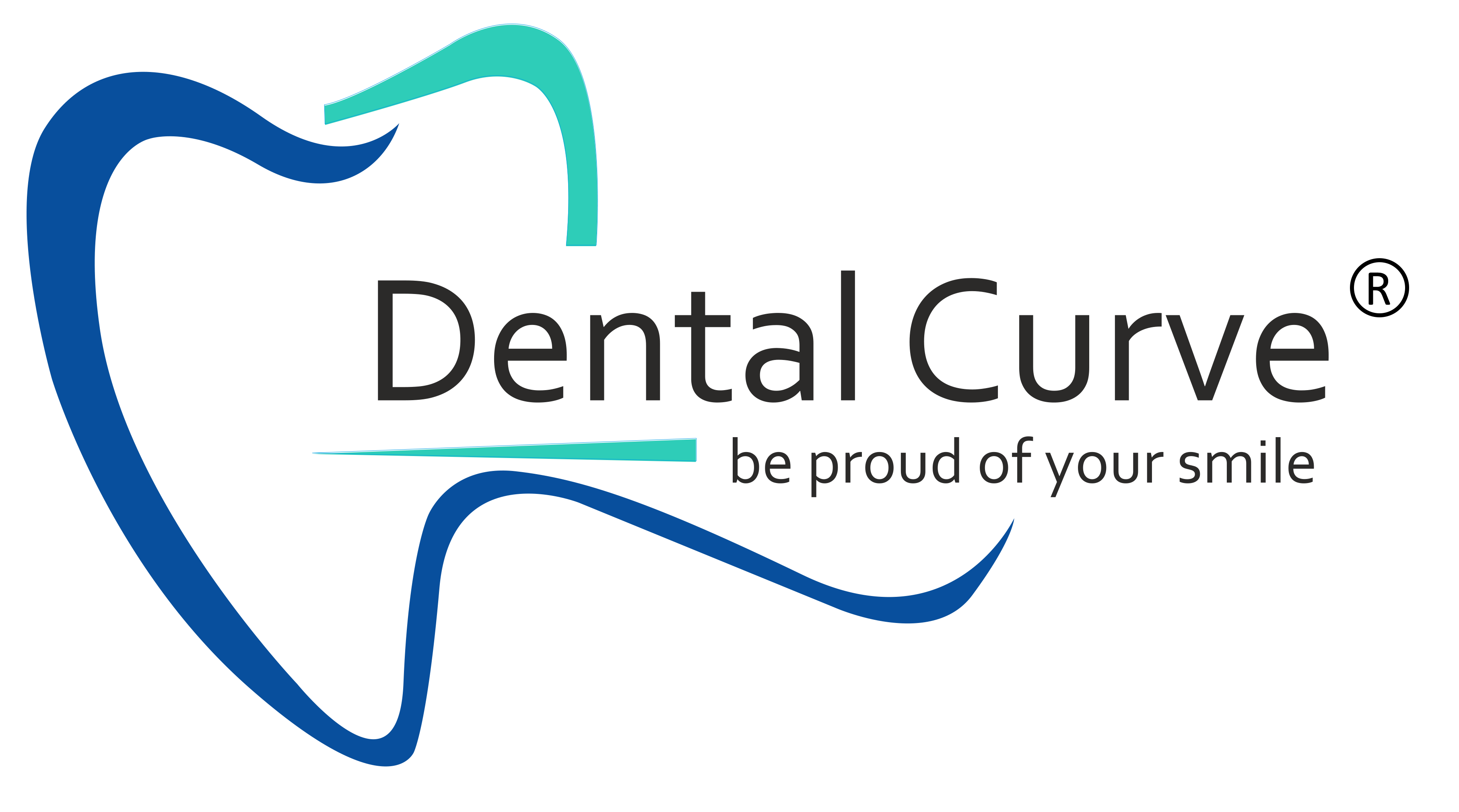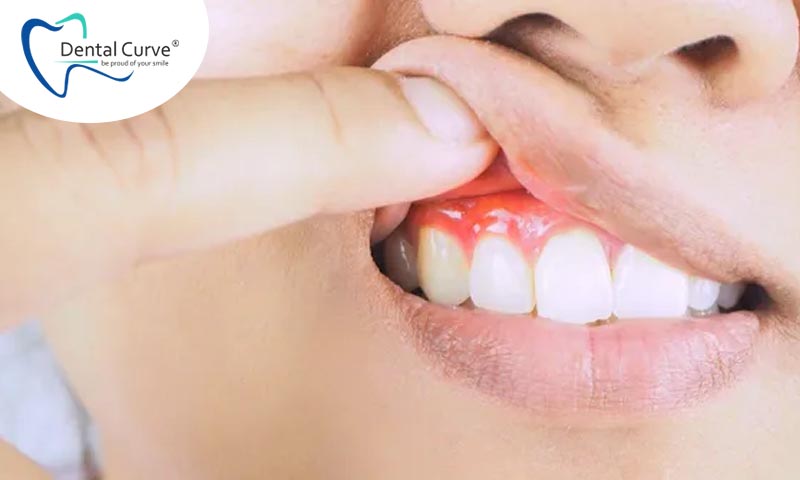Oral health is a vital component of overall well-being, and gum problems can significantly impact our dental health. Gum problems, such as gingivitis and periodontitis, are common
issues affecting millions of people worldwide. While they may seem minor at first, if left untreated, they can lead to serious consequences, including tooth loss and systemic health
complications. In this blog post, we will explore the causes, symptoms, and preventive measures to maintain healthy gums and a beautiful smile.
Causes of Gum Problems:
Gum problems often arise due to poor oral hygiene practices, allowing harmful bacteria to accumulate along the gum line. Plaque buildup and inadequate brushing and flossing can lead to gum inflammation, known as gingivitis. Additionally, certain factors such as hormonal changes, tobacco use, genetic predisposition, and certain medications can increase the risk of gum problems.
Symptoms of Gum Problems: Recognizing the early signs of gum problems is crucial for timely intervention. Common symptoms include red, swollen, or tender gums, bleeding while
brushing or flossing, persistent bad breath, receding gum lines, loose teeth, and changes in the bite. If you experience any of these symptoms, it is important to consult your dentist for a thorough evaluation and appropriate treatment.
Preventive Measures for Healthy Gums:
1. Maintain Good Oral Hygiene: Brush your teeth at least twice a day using a softbristled toothbrush and fluoride toothpaste. Don’t forget to clean your tongue and floss
daily to remove plaque and food particles from between the teeth and along the gum line.
2. Regular Dental Check-ups: Visit your dentist every six months for professional cleanings and comprehensive oral examinations. Regular check-ups help identify and
address any gum problems in their early stages.
3. Healthy Diet: A balanced diet rich in fruits, vegetables, whole grains, and lean proteins provides essential nutrients for gum health. Limit sugary and acidic foods
and beverages, as they contribute to tooth decay and gum inflammation.
4. Quit Tobacco Use: Smoking and chewing tobacco are harmful to both oral and overall health. They increase the risk of gum disease and hinder the healing process. Quitting
tobacco can significantly improve gum health.
5. Manage Stress: Chronic stress weakens the immune system, making it harder for the body to fight off infections, including gum disease. Incorporate stress management
techniques such as exercise, meditation, and hobbies to reduce stress levels.
6. Use Antiseptic Mouthwash: An antiseptic mouthwash can help reduce plaque and gum inflammation. Consult your dentist for recommendations on suitable products.
Conclusion
Taking care of our gums is essential for maintaining a healthy smile and overall well-being. By practicing good oral hygiene, attending regular dental check-ups, following a healthy diet,
quitting tobacco, managing stress, and using an antiseptic mouthwash, we can significantly reduce the risk of gum problems. Remember, early intervention is key in preventing the
progression of gum disease. Therefore, if you notice any symptoms or have concerns about your gum health, reach out to your dentist promptly. With consistent care and preventive
measures, you can enjoy strong, healthy gums and a beautiful smile for years to come.









